Research Team
Project leader:
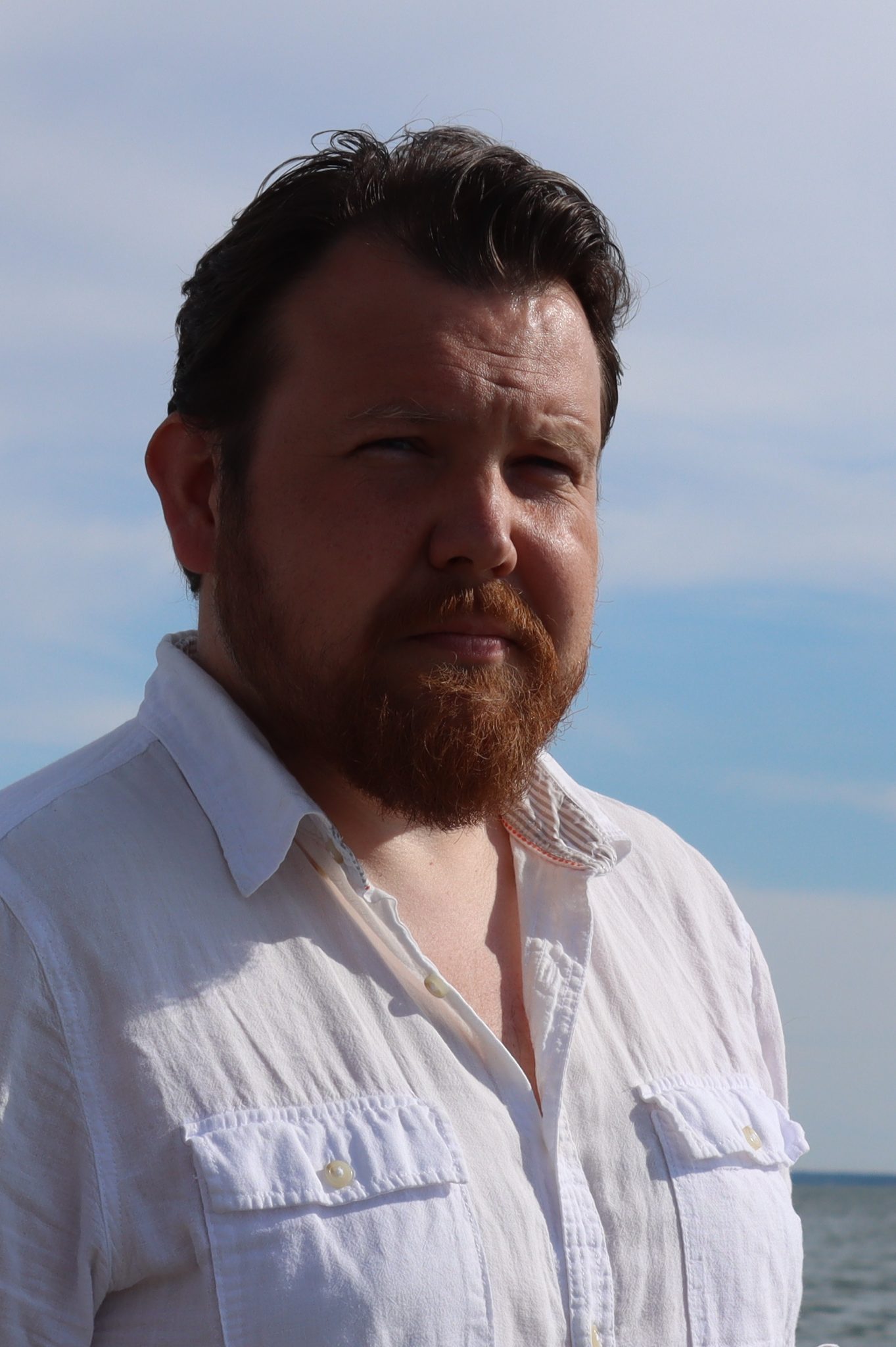
University Lecturer, Dr. Otto Latva:
Latva is a historian focusing on human-animal and human-plant studies as well as environmental history. He has the title of docent in the field of more-than-human history. Latva has widely studied the early modern as well as the nineteenth-century and twentieth-century societies and culture. In his previous studies, he has investigated the shared history of humans and animals, the long-term understanding of the marine environment, and the history of seafaring culture. Latva is also interested in many other matters concerning the relationship between humans and non-human nature. In addition to this, he is interested in the methods of digital humanities. In this project, he will be responsible for studying insects and spiders, molluscs, crustaceans, worms, centipedes and algae.
Researchers:
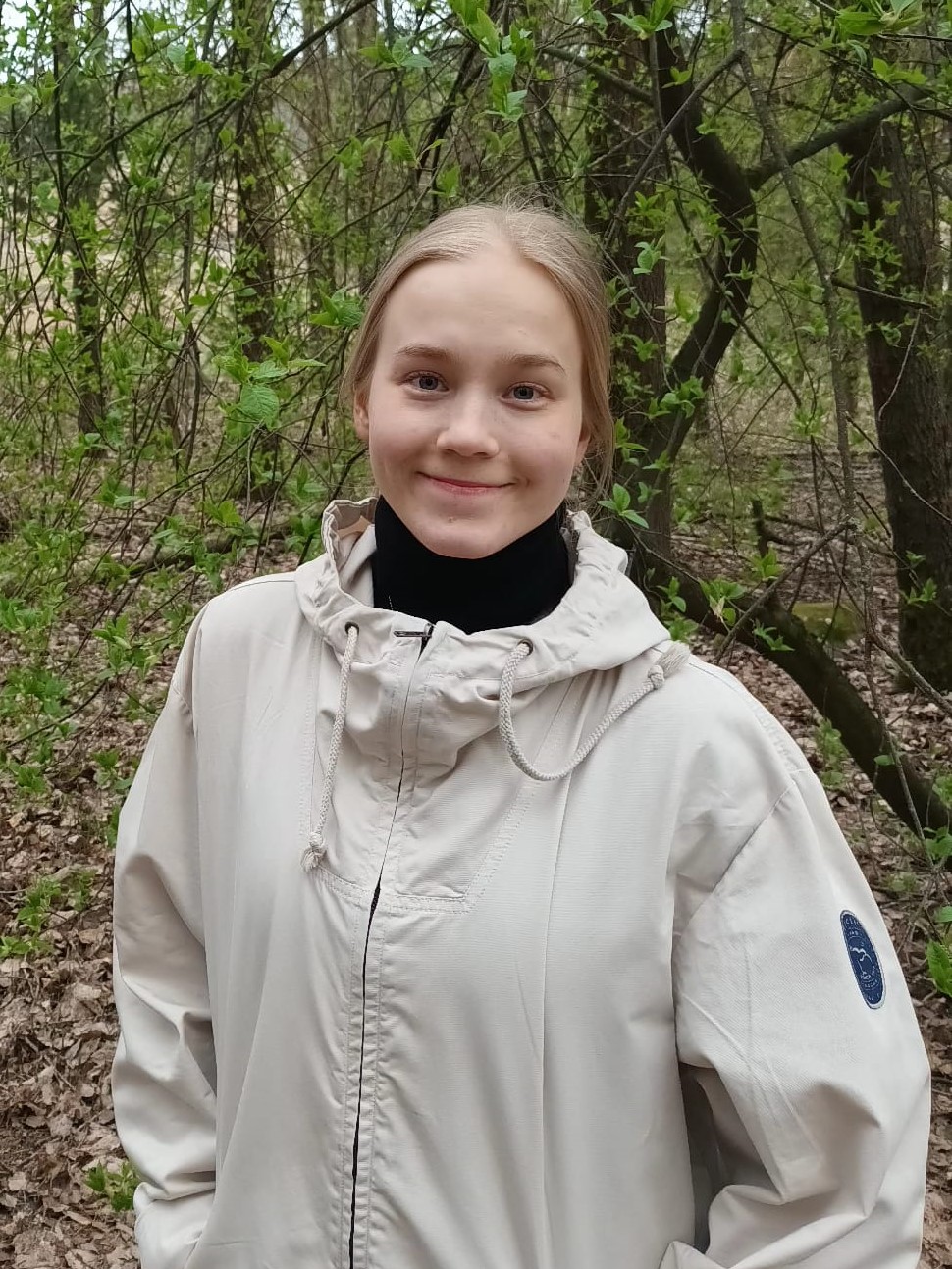
MA Aino Jämsä:
In her cultural history MA thesis, Jämsä studied advertising posters for travelling shows printed in the mid-19th century, which depicted science and technology. Drawing on research in the history of science, the thesis diversifies the picture of exhibition activities and the history of science and technology in Turku. Jämsä is interested in multispecies history and the study of the relationship between humans and nature. In the “Fauna et Flora Fennica” project, he focuses in particular on the study of historical sightings of bird and plant species.
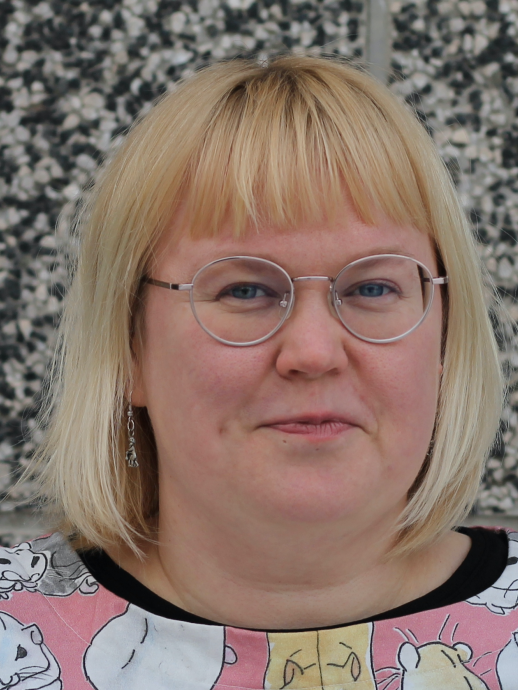
Dr. Noora Kallioniemi:
Kallioniemi is a cultural historian specialising in media sources. Her research interests include film and television history, the use of analogue and digital data in historical research, and audiovisual comedy entertainment. In the field of environmental history, Kallioniemi has studied the relationship between humans and porpoises. In this project, she is responsible for the study of mammals, ferns and other seed plants.
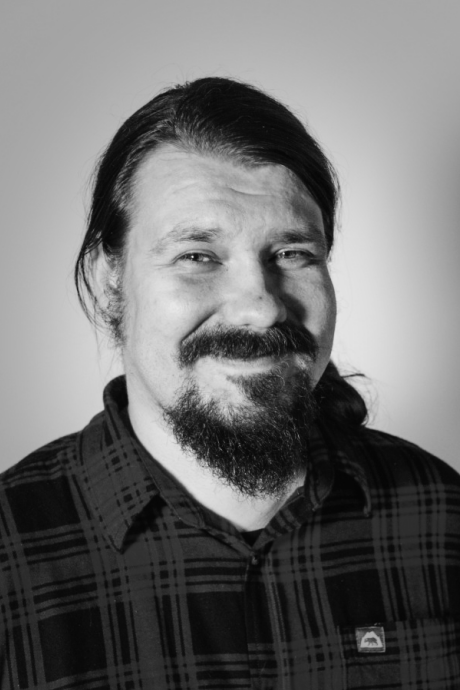
Unversity teacher, Dr. Jere Kyyrö:
Kyyrö is a scholar of religion and a sociologist who teaches qualitative methods and methodology in the study of cultures. He has done research on various topics, including art controversies on national symbols and myths, ritualization in Orthodox Christian processions, positions of religion in political platforms, representations of religion and culture in digital games, and perceptions of interdisciplinarity, professionalism, and expertise in an academic setting. In his most recent research, he has focused on the cultural dimensions of birdwatching. In this project, Kyyrö is responsible for the study of birds, mammals, insects and spiders.
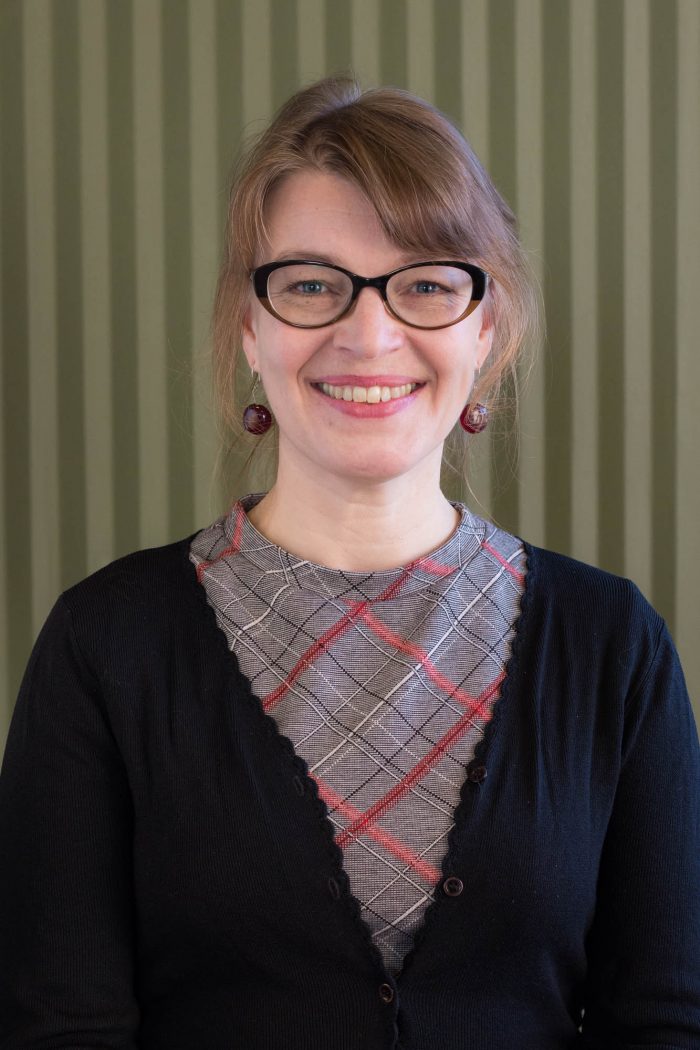
Dr. Silja Laine:
Silja Laine is a cultural historian specialized in urban cultural history, landscape studies and cultural marine studies. She has studied the built environment, the cultural history of the seasons and writing, and the history of urban mobility. She is interested in the entanglements of writing, environment and memory, and visual sources. She has written, for instance, about methodological questions concerning literature and photographs in historical research. She has worked as a scholar and a teacher at the University of Turku, Åbo Akademi University and in the unit of Landscape Architecture at Aalto University. In this project, Laine will be responsible in particular for studying trees and shrubs, other seed plants and mosses.
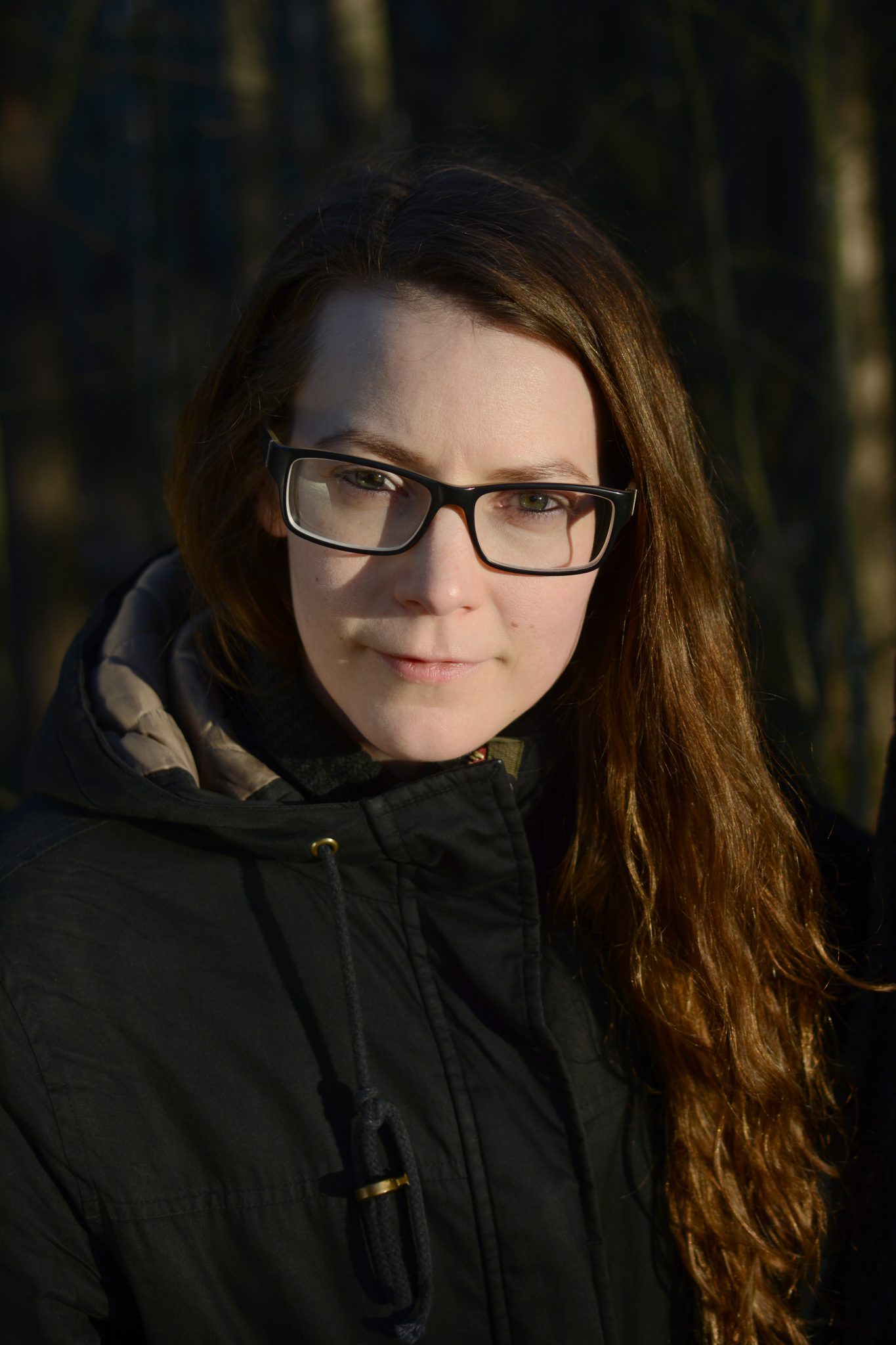
Dr. Heta Lähdesmäki:
Lähdesmäki is a historian specialized in environmental history, human-animal studies and cultural plant studies. She has studied environmental conflicts, such as human-predator conflicts, non-human agency, and everyday entanglements between humans, animals, plants and other non-humans, for instance, in the Finnish Archipelago. She has experience in multidisciplinary projects combining history, archaeology, biology and geology. In this project, Lähdesmäki is responsible for studying mammal, bird and moss species.
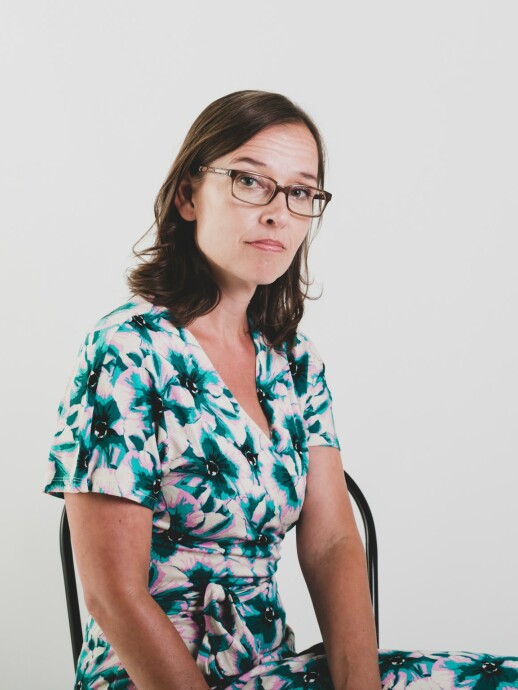
Dr. Heli Rantala:
Rantala is a docent of 19th-century cultural history, whose research has covered a range of phenomena from the history of concepts and historical theory to the experience of embodiment. Her interests include the history of mobility, the history of scholarship and ideas, and the literary culture of the Romantic era. Rantala is leading a project, funded by the Kone Foundation, “The Movement of Words and Places of Knowledge. Learned literary communities in the early 19th century” (2020-2023), which focuses on the transnational literary culture of Finland in the early 19th century. Rantala has also done extensive research on the newspaper press, especially using digital methods. In this project, her responsibilities include in particular the study of mammals, trees, shrubs and other seed plants.

Professor Hannu Salmi:
Salmi is a Professor of Cultural History at the University of Turku, Finland, an Academy Professor for the years 2017–2021, and a historian of the nineteenth and twentieth centuries. He is the author of, for example, What is Digital History? (Polity, 2020) and the editor of The Routledge Companion to Cultural History in the Western World (Routledge, 2020), together with Alessandro Arcangeli and Jörg Rogge. He has written extensively on the history of media and on digital methodologies in the study of the past. In this project, Salmi will be responsible for studying bird and mammal species.

Dr. Kirsi Sonck-Rautio:
Sonck-Rautio is an environmental ethnologist and anthropologist, focusing on wicked environmental problems, such as adaptation to climate change, biodiversity loss and plastic waste, especially in marine environments. Her main theoretical focus is political ecology. Her expertise also lies in multidisciplinary research, and she has worked on projects combining economics, political science, chemistry and biology. Her responsibilities in this project include studying algae and fish species.
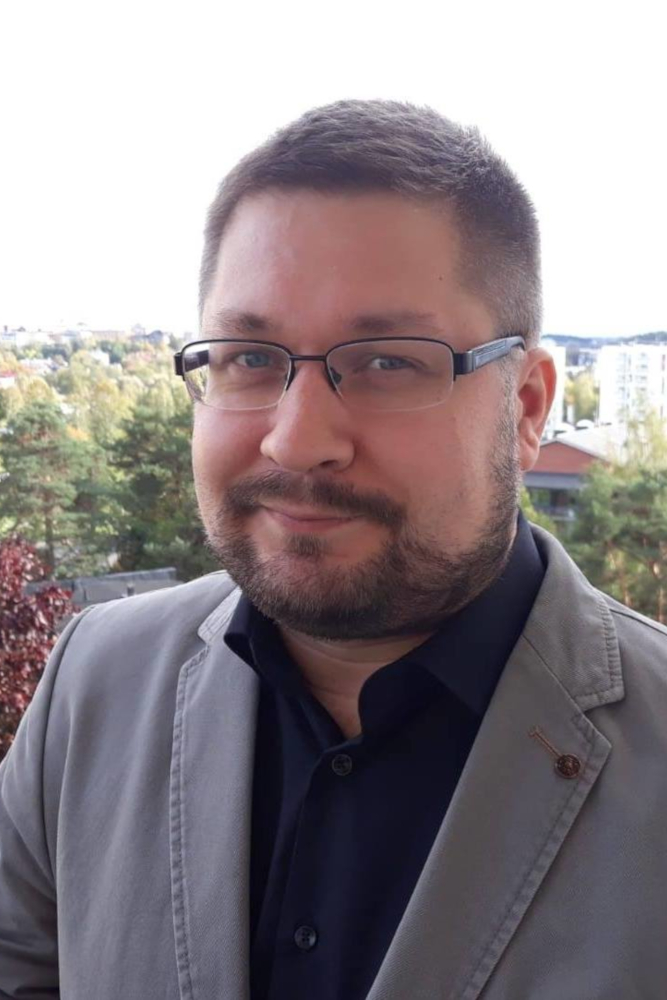
Dr. Harri Uusitalo:
Uusitalo is a linguist whose expertise includes historical linguistics, the origin and development of the vocabulary of the Finnish language, and the significance of language for human relationships with animals and plants in different times. In this project, Uusitalo’s responsibilities include the study of fish, reptiles and amphibians, insects and spiders, mosses and bryozoa. He will also assist the rest of the team in identifying the etymology and meanings of the old and vernacular species names.